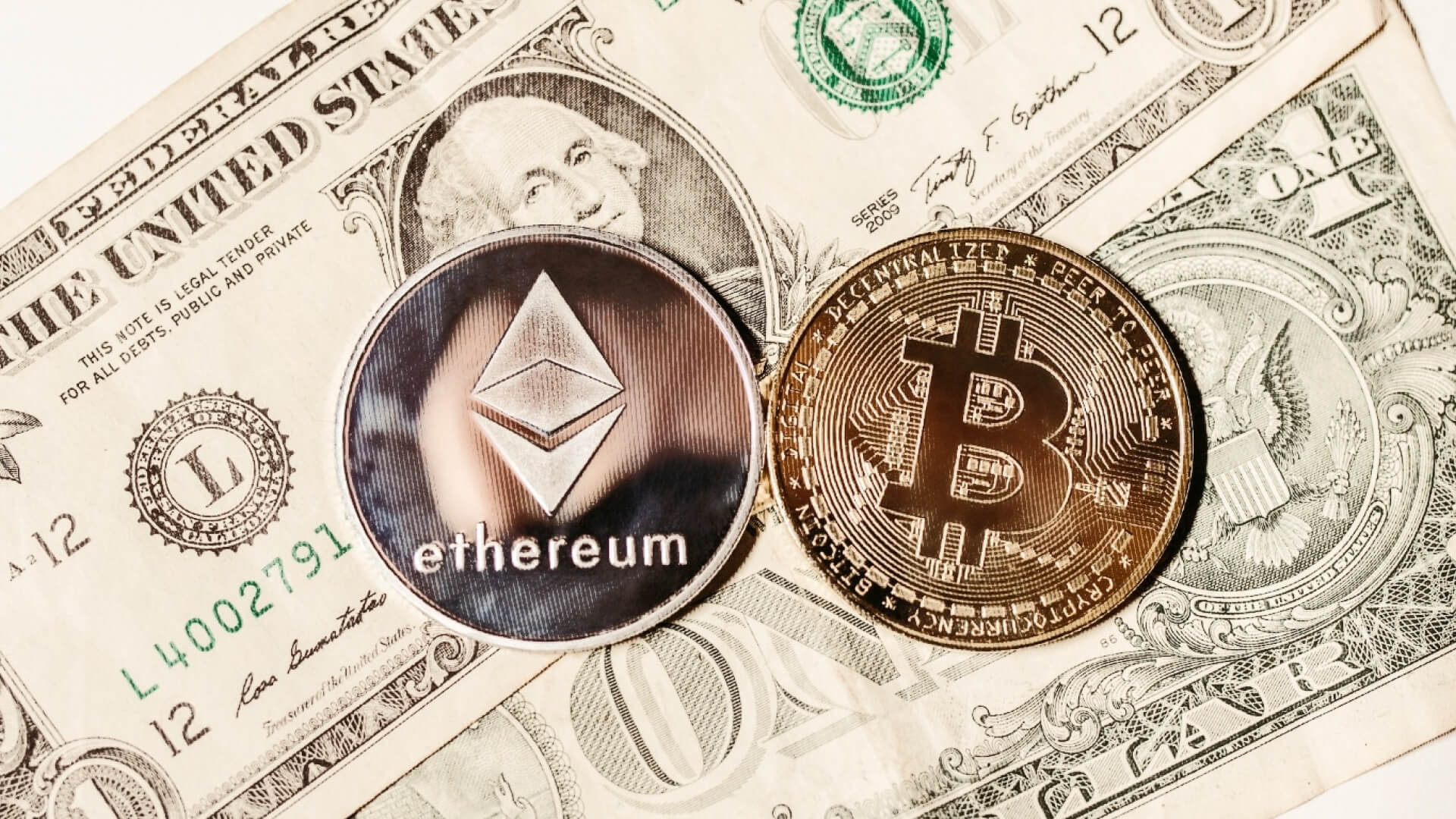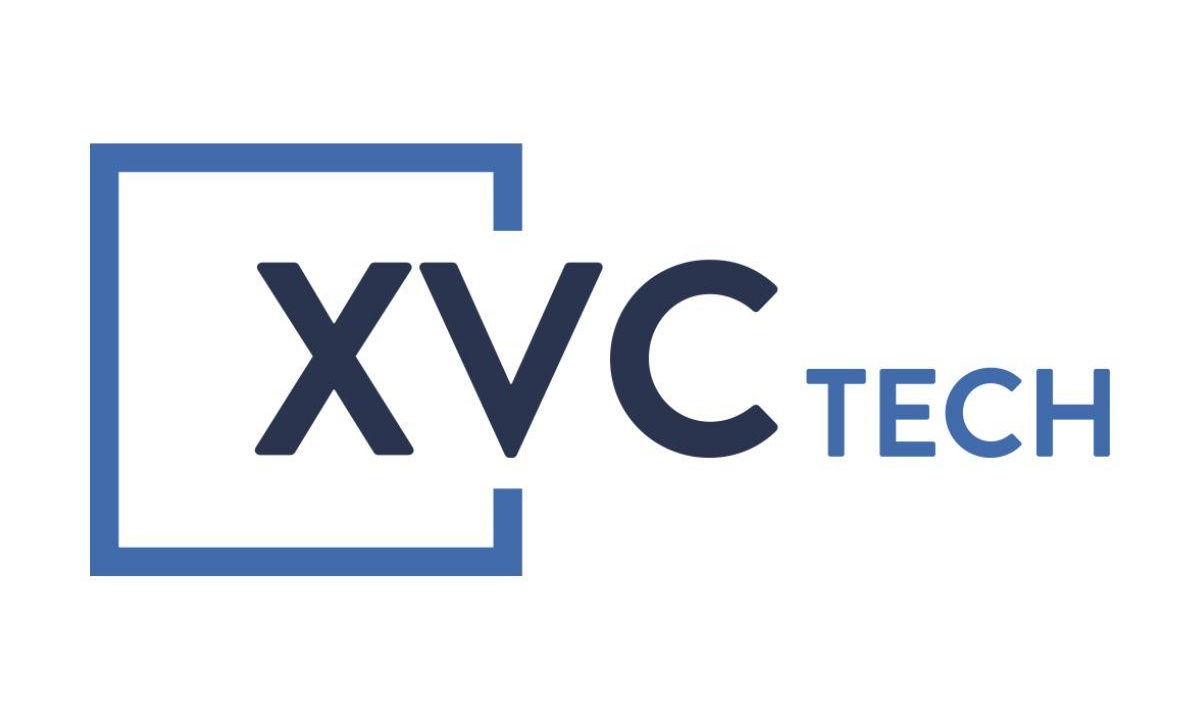Iranian President Ebrahim Raisi recently condemned what he calls the "unipolar world order", emphasizing that Iran plans to join the BRICS group to help create a multipolar world and in effect challenge the dominance of U.S. dollar as a reserve currency. There are broad implications to the crypto industry with this move, and it only represents a beginning.
Iran Condemns 'Unipolar World Order'
The BRICS group is an association of five major emerging national economies: Brazil, Russia, India, China, and South Africa. The acronym was initially coined in 2001 by Jim O'Neill, an economist at Goldman Sachs, to represent the four countries of , , , and . joined the group in 2010, officially expanding the acronym to BRICS.
These countries are characterized by their large, fast-growing economies, significant influence on regional and global affairs, and the potential to become among the world's dominant economic powers in the 21st century. The BRICS nations collectively represent about 42% of the world's population, 23% of the global GDP, and around 18% of the world's total trade.
“Iran wants to have constructive relations with all states on the basis of common interests,” stresses Iranian President Ebrahim Raisi.
The announcement was made on Lebanese media outlet Al Mayadeen, with Raisi quoted that after his country's recent membership with the Shanghai Cooperation Organization (SCO), Iran is now "getting ready" to join the BRICS Group. The Iranian president was quoted as saying:
"We condemn the unipolar world order which makes it possible for the United States and some three to four other countries to feel the rulers of the world."
The BRICS nations have been ramping up their de-dollarization efforts and settling trades in national currencies. The group is also working to create a new common currency that is expected to be discussed at the group’s next leaders’ summit. What does this mean for crypto and, specifically, stablecoins?
Potential Impact on the Dominance of USD-pegged Stablecoins
The ongoing efforts of the BRICS nations and Iran to move away from the U.S. dollar and establish a new common currency could potentially impact the global dominance of USD-pegged stablecoins, such as Tether (USDT) and USD Coin (USDC). These stablecoins, which maintain a 1:1 peg with the U.S. dollar, have been widely used in the cryptocurrency market for trading and settling transactions.
As the BRICS countries and Iran seek to reduce their reliance on the U.S. dollar and move towards settling trades in their national currencies, it could lead to a decrease in demand for USD-pegged stablecoins. This may open up opportunities for the development of new stablecoins pegged to other currencies or even a common currency as proposed by BRICS. Could this new common currency be blockchain-based? We could hope so.
Political and economic Implications of De-dollarization
efforts by the BRICS countries are a direct challenge to the United States' global financial hegemony. The U.S. dollar has long been the dominant reserve currency, and its position has allowed the U.S. to exert significant political influence over global economic policies. The move towards de-dollarization by the BRICS countries signals a shift in the global balance of power, with these nations seeking to establish a more multipolar world order.
This shift could reduce the United States' ability to impose economic sanctions and maintain control over global financial institutions, such as the International Monetary Fund (IMF) and the World Bank. It may also lead to a more fragmented global economic landscape, with multiple centers of power and influence.
The economic implications of de-dollarization are multifaceted. By reducing their dependence on the U.S. dollar, the BRICS countries aim to mitigate the risk of currency fluctuations and promote financial stability within their respective economies. The move towards settling trades in national currencies or a common currency could lower transaction costs and facilitate more efficient cross-border trade between these nations.
De-dollarization may also pave the way for the rise of alternative reserve currencies, such as the Chinese yuan, the euro, or even a digital currency backed by a coalition of nations. This development could lead to increased competition for the U.S. dollar, potentially affecting its value and global demand.
Crypto Regulation in the U.S. and Europe
Crypto regulation in the United States has been more stringent compared to Europe. , with regulators often classifying cryptocurrencies as securities subject to strict regulatory oversight. The Securities and Exchange Commission (SEC) has been particularly active in regulating initial coin offerings (ICOs) and pursuing enforcement actions against non-compliant projects.
In contrast, Europe has taken a more progressive approach to crypto regulation. The European Union (EU) has , the Fifth Anti-Money Laundering Directive (5AMLD), which covers cryptocurrency exchanges and wallet providers. Additionally, individual European countries, such as Switzerland and Estonia, have established crypto-friendly regulatory environments, attracting numerous blockchain projects and businesses.
Breaking Chains: On De-Dollarization and Decentralization
Recent years have shown a significant surge in the adoption of crypto, driven by the inherent benefits of decentralization and the potential to disrupt the traditional financial systems. It is thus worth considering the potential impact of decentralized digital currencies on the stability and growth of global economies. Perhaps one of the most appealing aspects of cryptocurrencies is their decentralized nature, which eliminates the need for intermediaries like banks and financial institutions.
This can lead to reduced transaction costs, faster processing times, and increased financial inclusion for individuals who have limited access to traditional banking services. There's also the core attribute that crypto, despite its early failures, can operate on a global scale, enabling seamless cross-border transactions and fostering international trade.
Decentralized digital currencies also offer the potential for enhanced monetary stability. Unlike fiat currencies, which are often subject to inflationary pressures and currency devaluation due to government policies or economic fluctuations, cryptocurrencies like Bitcoin and Ethereum have a predetermined supply cap, limiting the risk of excessive inflation.
The divergent approaches to crypto regulation in the U.S. and Europe could have significant implications for the success of BRICS countries' de-dollarization efforts. The more stringent regulatory environment in the U.S. may deter innovation and the adoption of digital currencies, limiting the potential for digital currencies to challenge the dominance of the U.S. dollar.
On the other hand, the more progressive regulatory environment in Europe could encourage the development and adoption of alternative digital currencies that could facilitate de-dollarization efforts by the BRICS countries. The European Union's , for example, may further contribute to the and strengthen the position of the euro as an alternative to the U.S. dollar.
The political and economic implications of de-dollarization efforts by the BRICS countries, coupled with the divergent crypto regulations in the United States and Europe, could lead to a and the stature of economic power as distributed across the globe.
OPINION
Investment Disclaimer













